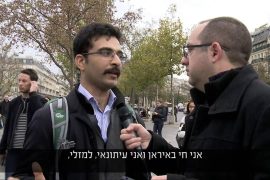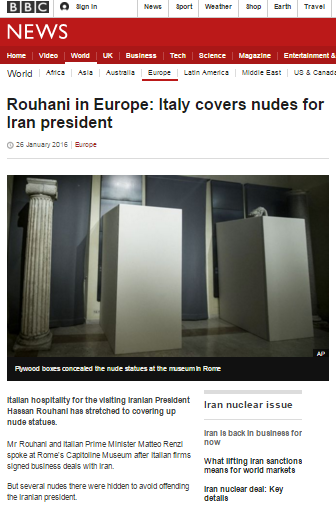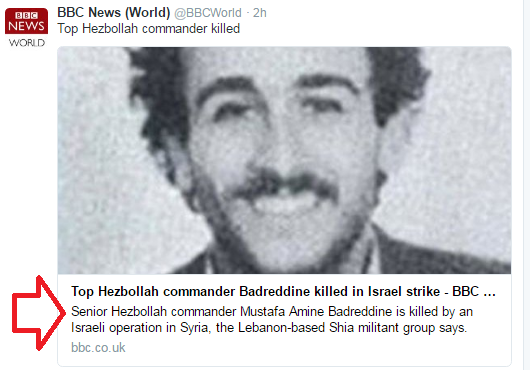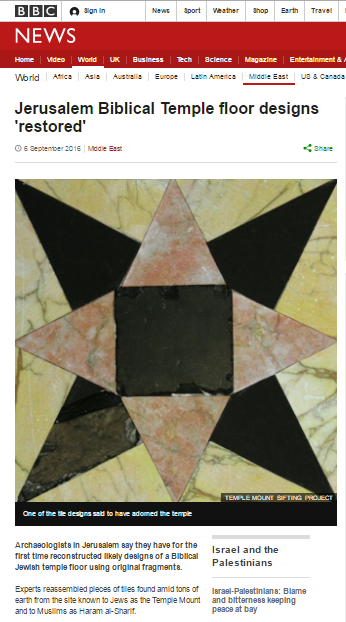The December 17th edition of the BBC World Service radio programme ‘Outlook‘ – billed as “the home of extraordinary personal stories” by its presenter Jo Fidgen – included an item described in the synopsis as follows:
“Gaza is one of the most densely populated places in the world, and it’s seen a lot of conflict and a lot of human suffering. But there’s one teenager, Maram Makkawi, who’s been doing her best to help thousands of its stray animals. She’s been speaking to Outlook’s Saskia Edwards about why she does it.”
Jo Fidgen’s introduction to the item (from 16:15 here) was virtually identical to that synopsis:
Fidgen: “OK, let’s head to Gaza – one of the most densely populated places in the world. It’s in a lot of conflict and a lot of human suffering. But there’s one teen there who’s been doing her best to help the thousands of stray animals in Gaza and she’s been speaking to Outlook’s Saskia Edwards about why she does it.”
The same synopsis appeared in a version of the report uploaded on the same day to the BBC News website’s ‘Gaza’ page.

There are numerous other cities in the world with a higher population density than Gaza City and other places in the world with higher population densities than the Gaza Strip as a whole. Nevertheless, the BBC could not pass up the opportunity to once again promote that well-worn mantra which, together with the context-free references to “a lot of conflict” and “a lot of human suffering”, has absolutely nothing to do with the subject matter of the otherwise unexceptionable report about a young woman taking care of stray animals.
Related Articles:
The common denominators in the BBC News website’s Gaza reporting




